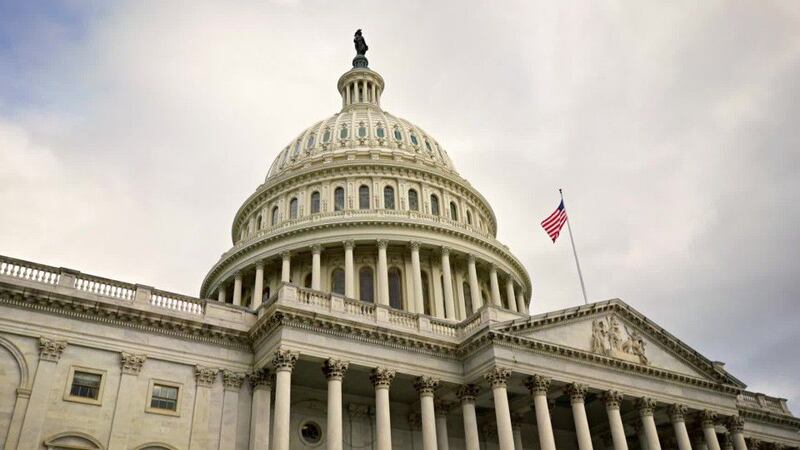ORLANDO, Fla. — The United States House of Representatives is expected to vote on and approve one article of impeachment against President Donald Trump this week for inciting an insurrection. If Trump is impeached, he will become the first president in US history to be impeached twice. However, a conviction in the Senate may prove much more difficult, not because of partisanship, but because of the calendar.
On Jan. 20, President-elect Joe Biden will be sworn in as the 46th president of the United States. At that moment, Donald Trump will become a private citizen, a distinction that may prove very important.
READ; FBI warns ‘armed protests’ planned in all 50 states next week
“The Senate procedural posture is that it is precluded from taking up the articles of impeachment until Jan. 19 at the earliest, and the earliest that a trial could happen would be on Jan. 20 at 1pm, which is one hour after Joe Biden is sworn as president and Donald Trump leaves office,” says James Wallner of the R-Street institute. “Of course anything is possible via unanimous consent, but as far as when the Senate would have to take up a trial, the rules are very clear; the Senate would have to take up a trial when the articles are transmitted from the House.”
Right now, the U.S. Senate is only in pro forma session. The Senate must be in session to receive the House’s articles of impeachment.
READ: Sanford firefighter charged for alleged participation in Capitol riot
“The question is whether or not a trial would occur after President Trump leaves office, and then whether or not the Senate would convict,” says Wallner.
Wallner argues that under the Constitution, the Senate would have to vote to remove Trump from office before voting to bar him from holding another federal office, and that the Senate can’t bar him from holding office until after the conviction; something that will not be possible after he’s already left office.
“I believe that the Constitution and the documents associated with the Constitution, and based on our precedents in our history, suggest that this is not allowed, However, who knows what is going to happen — but I think this is a very important moment in our nation’s history,” says Wallner.

WFTV








